Analytical Chemistry Group
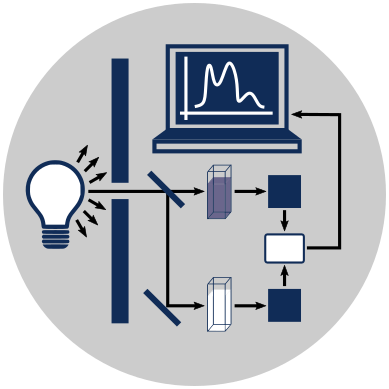
Analytical chemistry is the science of determining the chemical composition of matter in terms of chemical identity and measuring how much of the target component exists. The gained information is then translated to knowledge that enable important decision making for research, industry, and government policy. Focus areas are Environmental Analytical Chemistry, Bioanalytical and Health-Related Research, Chemical Sensor Development, Chemistry Education, and Chemometrics and Computational Chemistry.
Research Areas
Environmental Analytical Chemistry
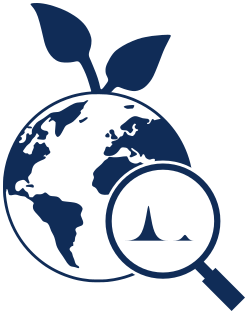
The domain of environmental analytical chemistry includes all analytical aspects of studies related to environmental problems and their management. Focus areas are monitoring emerging environmental contaminants and their transformations in water systems (e.g. endocrine disrupting molecules), and investigation of the effects of organic and metal contaminants on soil fertility and air quality. Remediation research includes development of enhanced in-sewer purification technologies, carbon dioxide trapping in geological formations, and mitigation of radioactive contamination.
Bioanalytical Chemistry and Health Research
Bioanalytical Chemistry focuses on the development and use of multidimensional analytics for molecular understanding of biological and chemical processes. Specific research areas are discovery of salivary biomarkers related to health and estimation of blood toluene levels in blood of animal models for inhalant addiction. Another health-related work is the development of electrospun polymers embedded with antimicrobial agents for wound healing.
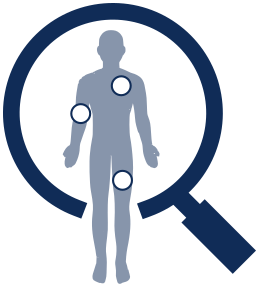
Chemical Sensor Development
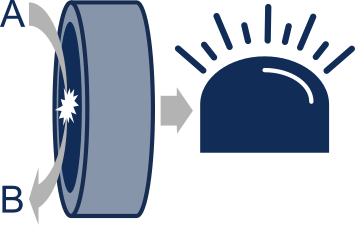
Chemical sensors can be defined as devices that respond with high selectivity and sensitivity to a particular target chemical substance (analyte) present in different media (aqueous, biological, gas, or solid) and produce a measurable signal even at a low analyte concentration. Specific sensors being developed are based on spectroscopy (i. e. spectrofluorometric and colorimetric methods), electrochemistry and photo-electrochemistry, and surface techniques (i.e. surface plasmon resonance and quartz crystal microbalance). Paper-based devices for quality control and food safety is another focus area. Another capability is validation of novel sensors for chemical, biological, radiological, and nuclear materials of concern risk mitigation.
Chemistry Education
As blended learning (face-to-face and remote) mode continues to be implemented due to disruption of face-to-face classes, it is important to develop instructional materials for laboratory experiments outside conventional laboratory and to design and evaluate online assessment tools. Efforts are being made to develop home-based experiments as instructional intervention strategies for remote learning and to assess the effectiveness of online formative assessments.
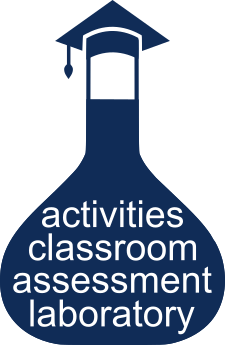
Chemometrics & Computational Chemistry
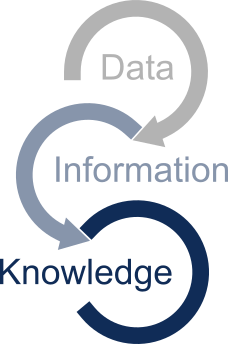
Chemometrics is the chemical discipline that uses mathematical, statistical, and other logic-based methods to analyze chemical data and provide maximum relevant chemical information. It has been applied to chemical profiling of Philippine traditional alcoholic beverages, culturally significant food condiments, and indigenous rice varieties after spectroscopic and chromatographic analysis. The goals are to establish product definition for quality assurance and consumer safety, to safeguard the identity of Philippine products, and to build baseline scientific information as initial steps for geographical indications. Computational chemistry, on the other hand, uses computer simulation and theoretical chemistry to calculate structures, interactions, and properties of molecules. It is being employed in the design and fabrication of robust and highly efficient advanced materials for electronic and nuclear applications.

